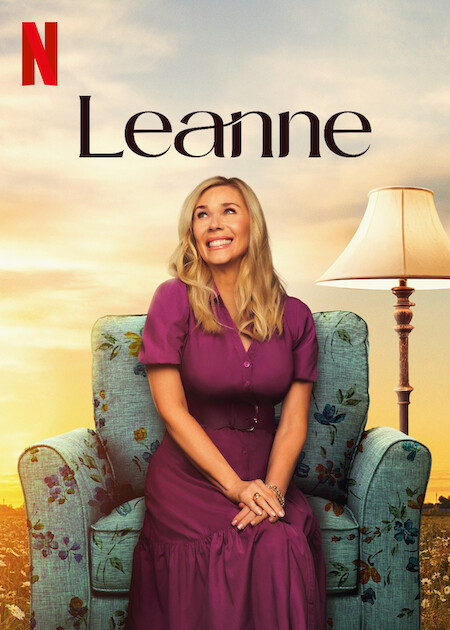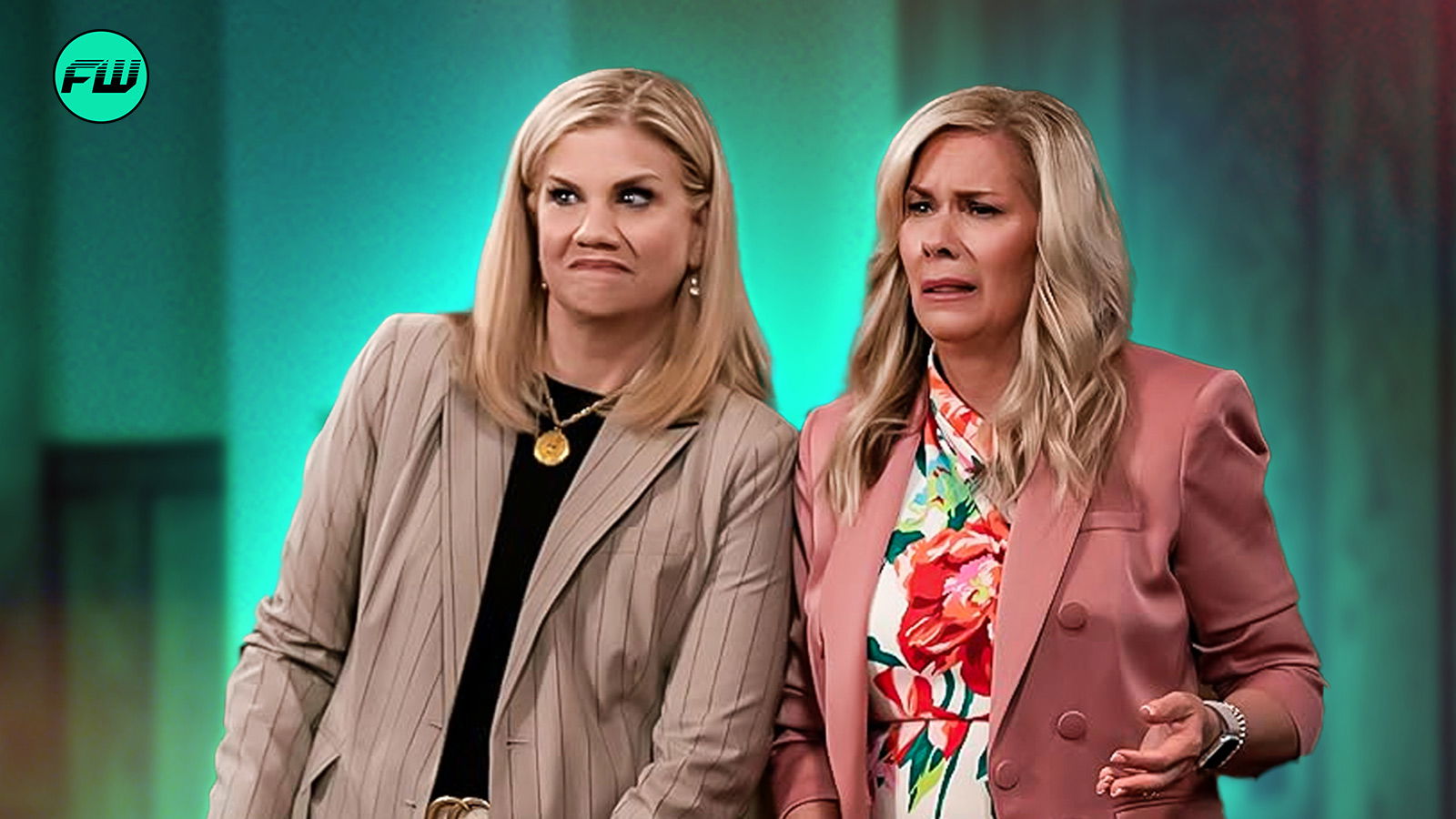Leanne Review — Southern Sitcom Feels Stuck in the Past but Still Gets A Laugh

Leanne arrives as a nostalgic nod to the sitcoms of yesteryear, offering a blend of familiar tropes and humor that both comforts and occasionally frustrates. As a series, it falls squarely into the “good enough” category — not breaking any new ground but delivering consistent, easy-to-digest entertainment that provides some laughs along the way. While it has moments of charm, Leanne often feels like it’s treading water in a genre that’s evolved beyond its comfort zone.
A Southern Comfort With Familiar Formula
At its core, Leanne is a Southern sitcom set in a small town, where the protagonist, Leanne, played by a seasoned actress known for her relatable humor, grapples with the intricacies of aging, relationships, and self-discovery. The series doesn’t aim to break boundaries or reinvent the wheel. Instead, it delivers a story that feels instantly familiar, relying heavily on traditional sitcom formulas that viewers can recognize from a mile away.
Leanne, much like countless sitcom heroines before her, is caught in a crossroads of her life. She’s navigating the end of a relationship, the challenge of finding herself again in middle age, and the comedy of her family and community dynamics. The backdrop of suburban Tennessee is about as quintessentially Southern as it gets — an idyllic, somewhat generic setting that mirrors the show’s tone. There’s a comfort in the predictability of this type of storytelling. It’s not groundbreaking, but it does provide a safe space for viewers looking for a feel-good escape.
Predictability: The Double-Edged Sword
One of the primary drawbacks of Leanne is its predictability. From the outset, viewers can anticipate nearly every plot twist, character arc, and comedic payoff. The show plays out like a well-worn template, where Leanne, a recently divorced woman, has to find herself again after years of putting everyone else’s needs before her own. Her relationship with her sister, Carol (played by Kristen Johnston), offers plenty of opportunities for comedic tension, but it doesn’t do much to surprise viewers.
However, there’s a certain charm in the predictability. The show doesn’t require you to think too hard or be on the edge of your seat, which can be a relief for some viewers. Instead, Leanne is a show that works best when you don’t expect much — when you can just sit back, enjoy the jokes, and laugh at the absurdity of the characters’ lives. The humor is gentle, not raucous, and while it doesn’t make you cry from laughing, it still does enough to elicit chuckles here and there.
Character Dynamics and Chemistry

Despite its predictability, Leanne does shine in the realm of character dynamics. The chemistry between Leanne and Carol is one of the show’s strongest suits, with Johnston playing the over-the-top sister whose antics create much of the early friction. While Carol’s exaggerated behavior can sometimes feel cartoonish, her relationship with Leanne brings a layer of sincerity to the show. Over time, the characters begin to feel more like familiar friends, with their flaws and quirks lending them a level of relatability that works for the sitcom format.
Leanne herself, although initially a bit of a caricature, evolves into a more endearing character as the series progresses. Her journey of self-discovery — navigating the trials of being a woman in her forties trying to reclaim her identity — might not be the most original narrative, but it’s one that will resonate with a large portion of the audience. As she moves from being a jilted housewife to a woman embracing newfound freedom, her transformation feels realistic, albeit predictable.
Aging Gracefully — But Not Innovatively
The show’s handling of aging and the challenges that come with it is another area where Leanne both succeeds and fails. It approaches the topic with humor, showing Leanne navigating the awkwardness of dating again and the pressures of maintaining a youthful appearance in a world that values youth above all. While these themes are relatable, they’ve been explored extensively in other sitcoms and dramas, and Leanne doesn’t add anything particularly novel to the conversation.
The show’s lack of innovation is especially evident in its broader comedic moments, which often feel like they’re stuck in a bygone era of sitcom humor. The exaggerated facial expressions, slapstick gags, and overtly goofy situations seem to be drawn from an older comedic playbook. There’s a certain datedness to the humor that may put off some viewers, especially those accustomed to the edgier, more sophisticated comedy of today’s TV landscape.
Yet, there’s something oddly comforting about the simplicity of Leanne’s humor. It’s a throwback to sitcoms of the past — the kind of shows that didn’t need to reinvent the wheel because they knew what worked. While that might not win over every viewer, there’s a segment of the audience that will appreciate the nostalgic feel of it all.
Conclusion: A “Good Enough” Sitcom

Ultimately, Leanne is the textbook definition of a “good enough” sitcom. It doesn’t reinvent the genre, nor does it push any boundaries. Its humor is gentle, its characters are relatable, and its plot is predictable. But there’s something undeniably enjoyable about it. It’s the kind of show you can put on after a long day, laugh a little, and then forget about — but in a pleasant way.
For those in search of deep, thought-provoking television or cutting-edge comedy, Leanne may not be the show to watch. But for anyone in need of a feel-good, predictable escape, this Southern sitcom offers just enough laughs to make it worth tuning into, even if it doesn’t quite live up to the potential of its premise. Leanne isn’t a game-changer, but it’s an enjoyable, if familiar, ride.




